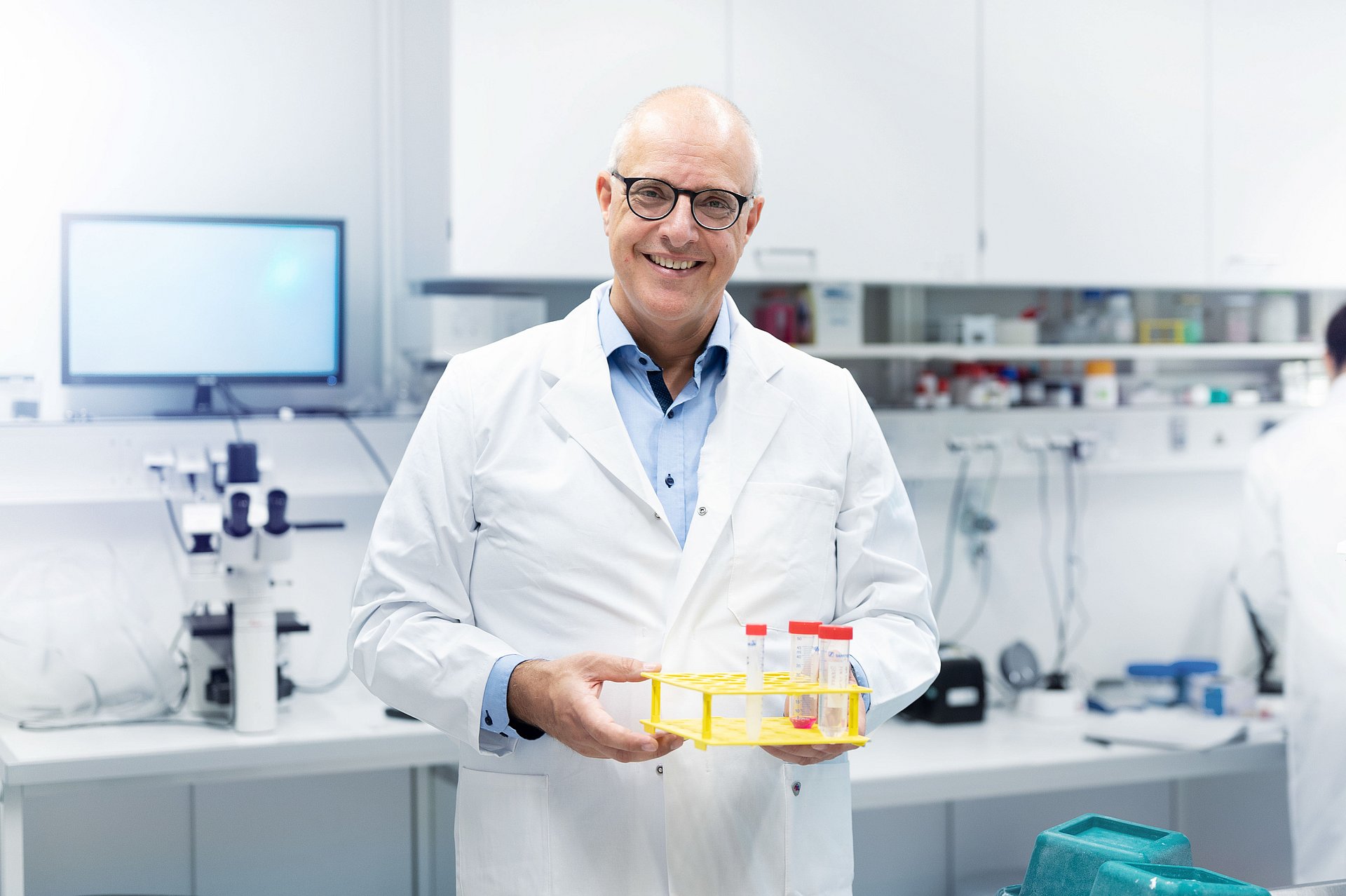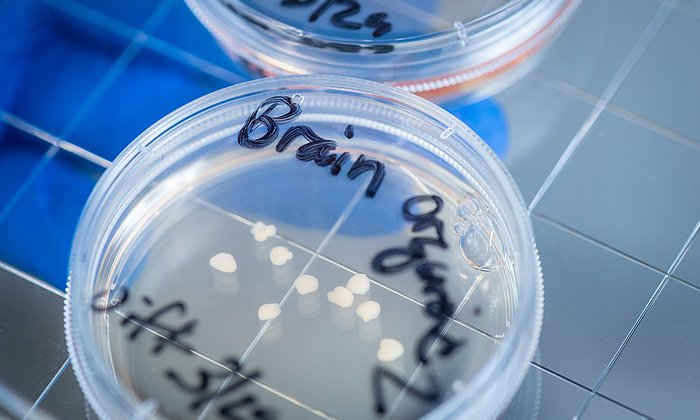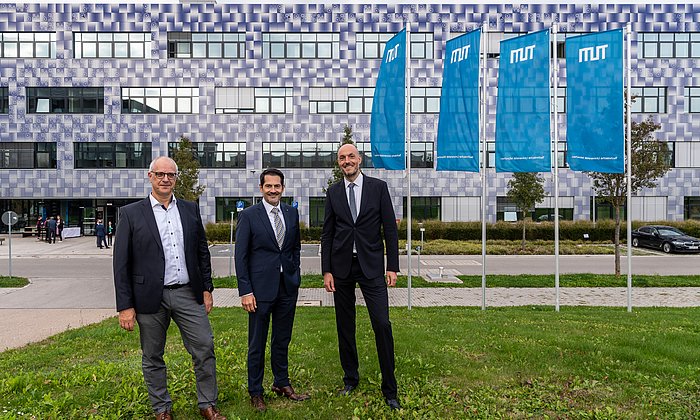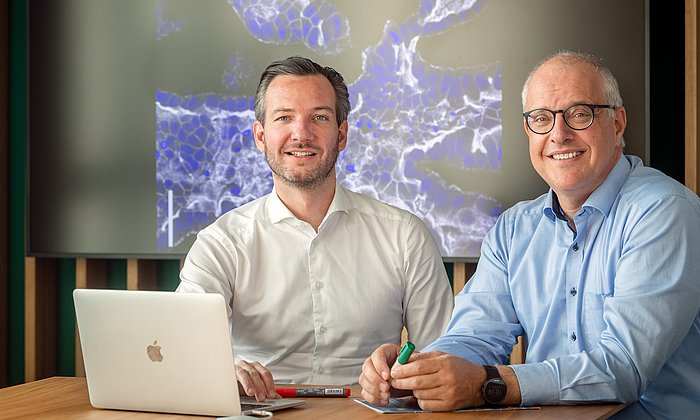Heinz Nixdorf Foundation supports organoid research at TUM
Andreas Bausch is the new Nixdorf Professor

Organoids are mini-organs produced in the laboratory that can grow under cell culture conditions. This means organ-specific and disease-specific organoids can be generated from stem cells or patient cells. This is particularly interesting for drug testing and opens up the possibility of safely testing patient-specific therapies for heart disease, cancer, diabetes, and neurodegeneration, for example. In addition, organoid technology has the potential to reduce animal testing in the long term.
At the Center for Organoid Systems (COS), which is part of TUM's Munich Institute of Biomedical Engineering (MIBE), experts from various disciplines, including medicine, cell biology, microbiology, gene editing, computer science, biophysics, and bioelectronics, will work together. They will use artificial intelligence, bioengineering, and nanotechnology for this purpose. The COS connects the TUM Schools of Natural Sciences, Life Sciences, Computation, Information, and Technology, as well as the TUM University Hospital, creating a world-class research environment.
TUM President Prof. Thomas F. Hofmann emphasizes: "With the Center for Organoid Systems, we are taking a historic step forward. Not only are we strengthening our activities in biomedical engineering in a future-oriented area, but for the first time, we are bringing our medicine with a physical address into the sphere of influence of our natural and engineering sciences at the Garching campus. Through basic research, we want to make organoid technologies more powerful and robust and make new therapeutic approaches accessible. The financial support of the Heinz Nixdorf Foundation brings us a big step closer to this goal. I would like to express my heartfelt thanks for this!"
Dr. Horst Nasko, Deputy Chairman of the Heinz Nixdorf Foundation, says: "The Heinz Nixdorf Foundation has always been committed to the responsible use of innovative technology for the benefit of humanity. With the endowed professorship for Prof. Bausch and our support for the Center for Organoid Systems, we are promoting precisely this goal: scientific excellence, interdisciplinary collaboration, and visionary technological approaches that will revolutionize biomedicine. This is entirely in line with the vision of our founder, Heinz Nixdorf."
Prof. Andreas Bausch says: "The initiative to establish the Center for Organoid Systems arose from the need to systematically combine scientific and engineering thinking with data-driven analysis in organoid research. Our goal is not only to recreate complex organoid systems in the laboratory, but also to understand them physically and quantitatively, as a basis for robust biotechnological, diagnostic, and therapeutic applications. The support of the Heinz Nixdorf Foundation now allows us to push ahead with precisely this technological integration at full speed.
- The Heinz Nixdorf Foundation is a non-profit foundation under civil law established from Heinz Nixdorf's estate, a major entrepreneur and computer pioneer who died in 1986. Today, it is one of the largest private foundations in Germany. The purpose of the foundation is to promote science in research and teaching, particularly in information technology, vocational training and continuing education, particularly in modern technology, as well as education in general, liberal democracy, health, and sports.
- The endowed professorship is called the Heinz Nixdorf Chair in Biophysical Engineering of Living Matter and is part of the TUM School of Natural Sciences
- Munich Institute of Biomedical Engineering
Technical University of Munich
Corporate Communications Center
- Ulrich Meyer
- presse@tum.de
- Teamwebsite
Contacts to this article:


